
German, Swiss, and Japanese Diplomats Encourage Nepal to Join the Ottawa Convention
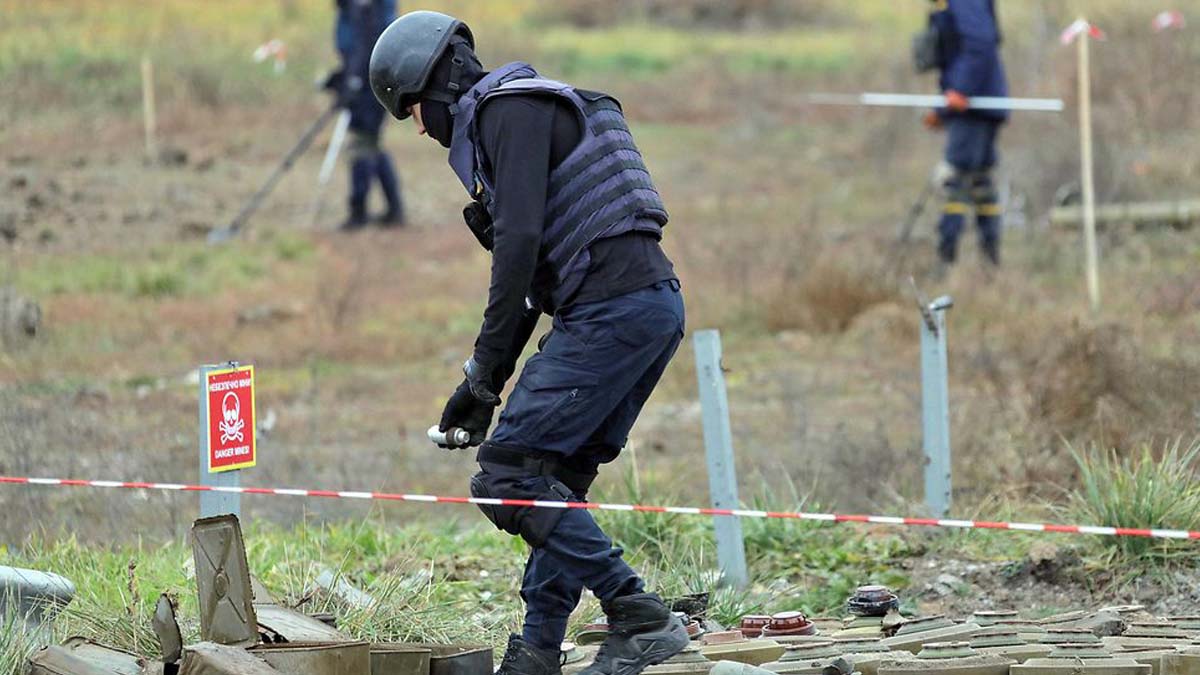
German Ambassador to Nepal, Dr. Thomas Prinz, Swiss Ambassador Elisabeth von Capeller, and Takahiro Tamura, the Deputy Chief of Mission from the Japanese Embassy, held a meeting with Foreign Minister, Narayan Prakash Saud on May 18.
In the meeting, the diplomats briefed the minister about the Ottawa Convention and encourage Nepal to become a part of this international agreement.
The Ottawa Convention, officially known as the Convention on the Prohibition of the Use, Stockpiling, Production, and Transfer of Anti-Personnel Mines and on Their Destruction, aims to put an end to the use of anti-personnel landmines (APLs) worldwide. This important treaty seeks to eliminate the devastating impact caused by landmines and ensure the safety and well-being of communities affected by these weapons.
Germany, currently holding the presidency of the Ottawa Convention, is actively working with 163 member states to create a mine-free world. Germany’s efforts include promoting clearance operations, providing education on mine removal, and assisting victims in numerous affected countries.
What is the Ottawa Convention?
The Convention on the Prohibition and the Use, Stockpiling, Production and Transfer of Anti-Personnel Mines and on Their Destruction, which was signed in Ottawa in late 1997, is proof that effective action can be taken at the international level. It is one of the most successful conventions in the sphere of humanitarian arms control, and it has taken international humanitarian law a decisive step forward. In the Convention’s 25th year, Germany has assumed its Presidency. During Germany’s entire one-year tenure, which runs until the Meeting of the States Parties in November 2023, we will seek to make progress on a number of fronts.
Whereas 164 countries in the world have signed the Convention, 32 have not yet done so. The German Government will campaign hard to get all countries around the world to join this important Convention, with a view to ensuring that anti-personnel mines are never used anywhere ever again. During its Presidency, Germany also wants to further efforts to better meet the new challenges posed by improvised explosive devices, which are in particular used by non-state armed groups. Moreover, Germany is looking to better structure cooperation between those countries that are affected by mines and those that are supporting anti-mine efforts.
What is Germany doing?
Germany has for many years had a lead role in the international community’s fight against anti-personnel mines, and it is one of the world’s largest funders, surpassed only by the EU and the United States, of humanitarian mine action, assistance to victims and mine-awareness education. In 2022, Germany is funding projects in 13 countries and regions to the tune of nearly 60 million euro. These projects focus on, among others, Colombia, South Sudan and Sri Lanka, as well as Afghanistan and Bosnia and Herzegovina.
Already since 2015, Germany has also been providing funding to mine clearance projects in Ukraine. Since the beginning of Russia’s war of aggression against Ukraine, the German Government has expanded its support in the country and has so far this year made available more than 6.5 million euro for humanitarian mine action, mine-awareness education and assistance to victims. The funding is also used to train and equip minesweepers. We will keep up these efforts – in 2023 and beyond. It is what we committed ourselves to doing when we signed the Convention, and it is an important part of our humanitarian assistance portfolio.
It is the professed aim of the Ottawa Convention to end the suffering caused by anti-personnel mines all around the world. During the coming year, the German Government will make every effort to fulfil this promise.


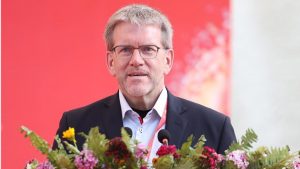
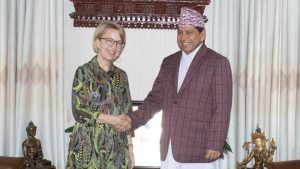


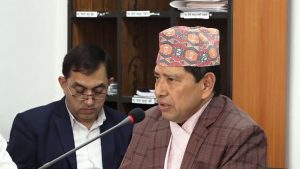




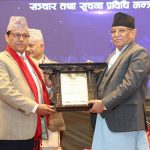

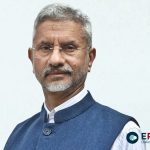
Comments